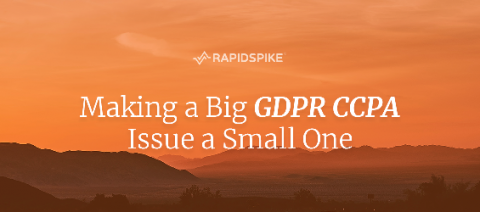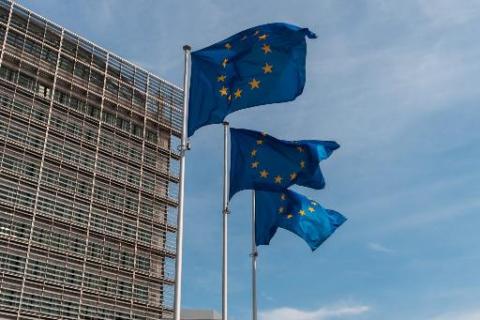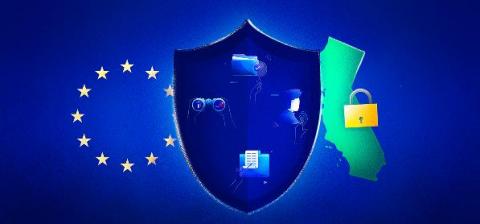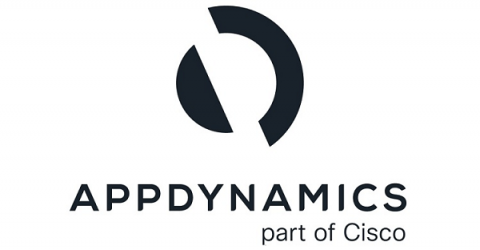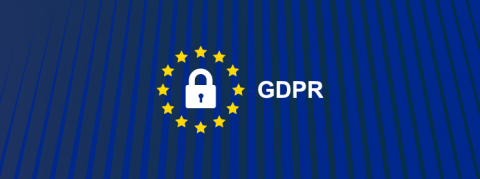Countdown to CCPA enforceability
The California Consumer Privacy Act (CCPA) is a new act that strengthens and unifies data protection for consumers by giving California residents more control over their personal information. This regulates not only how it is collected and used, but also, how it is sold by companies. The CCPA went into effect January 1, and enforcement will begin July 1.




